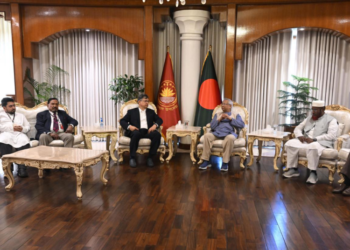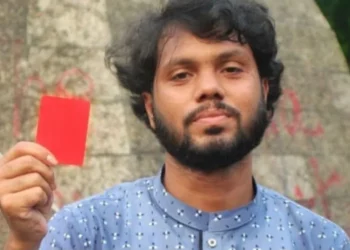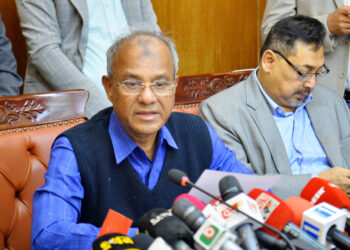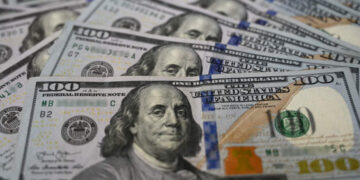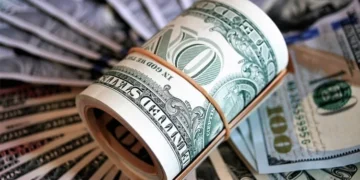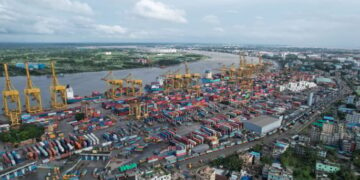Bangladesh’s economy is struggling. Growth is declining, bank loan interest rates are high, inflation is rising, and the political situation remains unpredictable. Amid all of these issues, the government has raised petrol prices for new manufacturers, making it more difficult for new enterprises to expand.
Business leaders say the new gas prices are unfair for new investors. Older factories will continue to get cheaper gas, while new ones have to pay more. This creates an unequal competition, which can discourage new investments in the country.
How Much Has the Gas Price Increased?
On Sunday, the Bangladesh Energy Regulatory Commission (BERC) raised gas prices for new industrial users by 33%.
- For new factories, the gas price is now 40 taka per unit, increased from 30 taka.
- For captive power (gas used in private power plants inside factories), the price rose from 31.50 taka to 42 taka per unit.
- These new rates started on 13 April 2025.
If a company receives gas connection after 13 April, they must pay the full increased rate.
If the connection was approved before that, the new rate applies only if they use more than 50% of their approved gas limit.
Old factories will only pay the higher rate if they use more gas than their approved limit.
Read More: China’s Grand Gift Marks 50 Years of Bond with Bangladesh
What Are Business Leaders Saying?
Many business leaders are upset. They say this pricing system is not fair and will hurt new factories.
Former FBCCI President Mir Nasir Hossain said:
“Lack of consistent policies is a big problem for investment in our country. Older companies can handle pressure, but new businesses may fail. Increasing gas prices will delay investment decisions—both local and foreign.”
Former DCCI President Rizwan Rahman said:
“This creates inequality in the same market. New factories will struggle to compete. It sends the wrong message to investors— ‘Don’t invest in Bangladesh.’”
How Is Investment Doing in Bangladesh?
According to economists, private investment in Bangladesh is already low, and it’s going down further:
- In 2021–22, private investment was 24.52% of GDP
- In 2023–24, it dropped to 23.96% of GDP
This means:
- Fewer jobs are being created
- People’s income is not growing
- Unemployment is rising, especially among the youth
Foreign investment is also falling fast:
- In the first 6 months of 2024–25, only $213 million came as foreign investment
- In the same period last year, it was $744 million
Bank Loans and Imports Are Falling
Some indicators show the private sector is struggling:
- Bank loans to private companies grew by only 6.82% in February 2025—lowest in 10 years.
- Import of capital machinery fell by around 25% in July–February.
- Many banks have stopped giving loans to new projects due to high interest rates and political uncertainty.
Bank interest rates have crossed 15%. Many banks even stopped loans for already approved projects.
Khorshed Alam, a senior official at NCC Bank, said:
“Interest rate is not the biggest issue. We had investments even when rates were 17–18%. But the main problem now is gas, electricity, and the dollar crisis. Without solving these, investment won’t grow. Also, the gas price increase will push the final cost to the consumers.”
Read more: Price of Soybean Oil Increases, New Rates Announced
Gas Loss and Mismanagement: Why Should Businesses Pay?
Bangladesh started importing LNG (liquefied natural gas) in 2018 to meet gas shortages. When prices were low globally, it was okay. But after the Russia-Ukraine war started in 2022, global gas prices and the dollar rate increased a lot.
In 2023, the government increased industrial gas prices by up to 178%. Even then, gas supply did not improve much.
Now, businesses are asking: Why should we pay for mismanagement?
- In the first 6 months of 2024–25, 137 crore cubic meters of gas was wasted, mostly due to gas theft.
- Each unit of imported LNG costs about 79.34 taka.
- So, the total loss due to gas waste is around 10,870 crore takas.
Business leaders say gas companies are not efficient, but they keep increasing prices instead of fixing problems like gas theft.
Conclusion: Fair Policy Needed to Build Trust
The government wants to collect more money by increasing gas prices. But this is sending the wrong signal to investors. For new factories and businesses to grow, they need a fair and stable policy environment.
Bangladesh must fix its gas and power supply issues, ensure fair pricing, and reduce uncertainty. Otherwise, private investment will continue to fall—bringing fewer jobs, lower income, and a weaker economy.
Source: Prothom Alo










